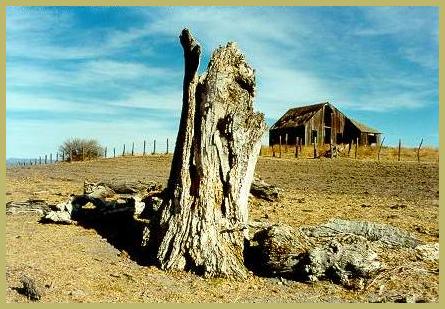
|
|
ACKNOWLEDGMENTS
The Ojos Negros Research Group would like to thank the following organizations and individuals, who made this study possible:
- The Southwest Center for Environmental Research and Policy (SCERP),
for continued funding from 1998 through 2001.
- Dr. Paul Ganster, SDSU SCERP project coordinator, and Mr. Rick
Van Schoik, project manager.
- Mr. Arturo Olvera Estrada, Municipal Delegate of Real del Castillo for the period 2000-2003,
and Mr. Miguel Velez Casián, former municipal delegate for the period 1997-2000.
- Mr. Antonio Palacios Gómez,
Commissioner of Ejido Real del Castillo, for his continued support during
the course of this study.
- The Comisión Nacional del Agua (CNA), Gerencia Regional de la Península
de Baja California, Mexicali, who, at out request,
provided data to calibrate and operate the hydrogeologic model.
- Mr. Javier Guillins Villarreal, Chief of Rural Development District 001-Ensenada,
Mr. Fernando Sánchez Galicia, Coordinator of Programming, Informatics, and Statistics,
and
Francisco Antonio Sánchez,
chief of the Agricultural Engineering Department,
Secretaría de Agricultura, Ganadería, y Desarrollo Rural (SAGAR),
who, at our request, provided agroeconomic and other relevant data.
- Mr. Ernesto Fernández Tirado, Superintendent,
Ensenada Region, Comision Federal de Electricidad (CFE),
who, at our request, provided information of electricity rates and electrical consumption in the Ojos Negros valley.
- Mr. Christopher
Paolini, SDSU College of Engineering's Unix system administrator, for hardware and software support through the course of this study.
- The ejidatarios of Ojos Negros, who graciously provided information to be used in the
agroeconomic studies.
- Last but not least, we wish to thank the people of Ojos Negros, who provided throughout the years the friendly atmosphere which greatly facilitated the performance of our field work.